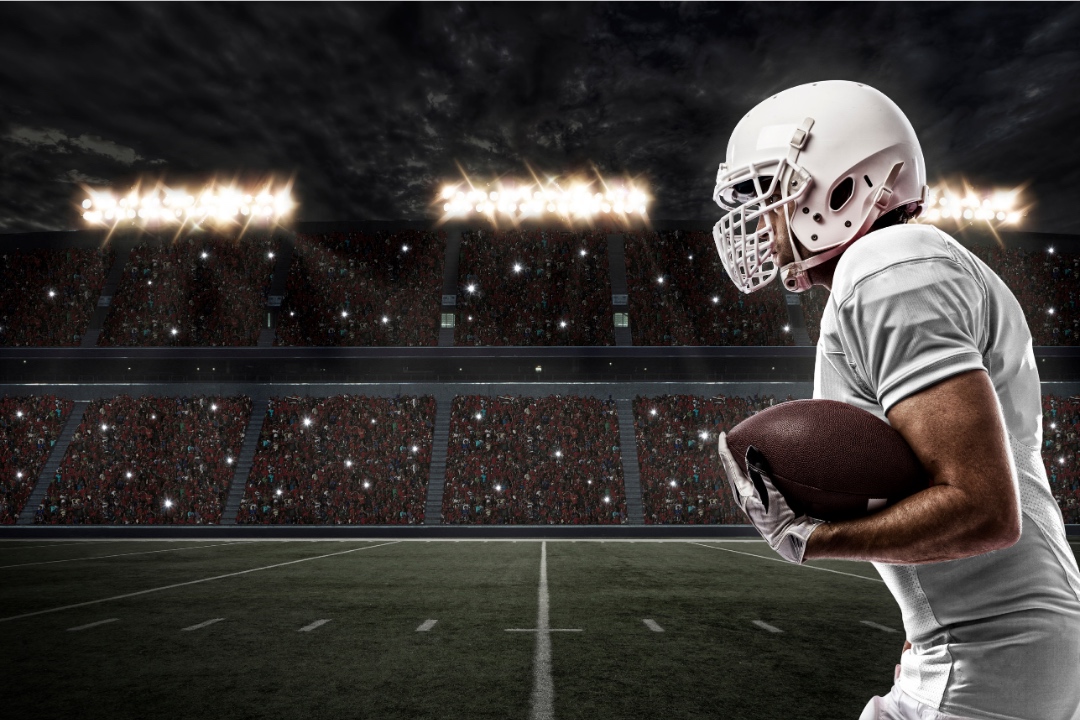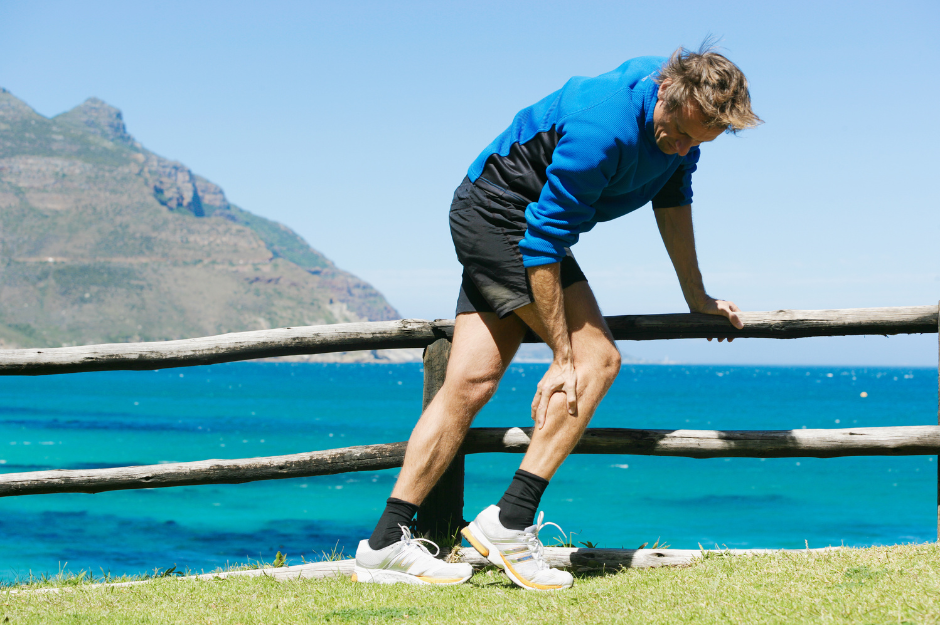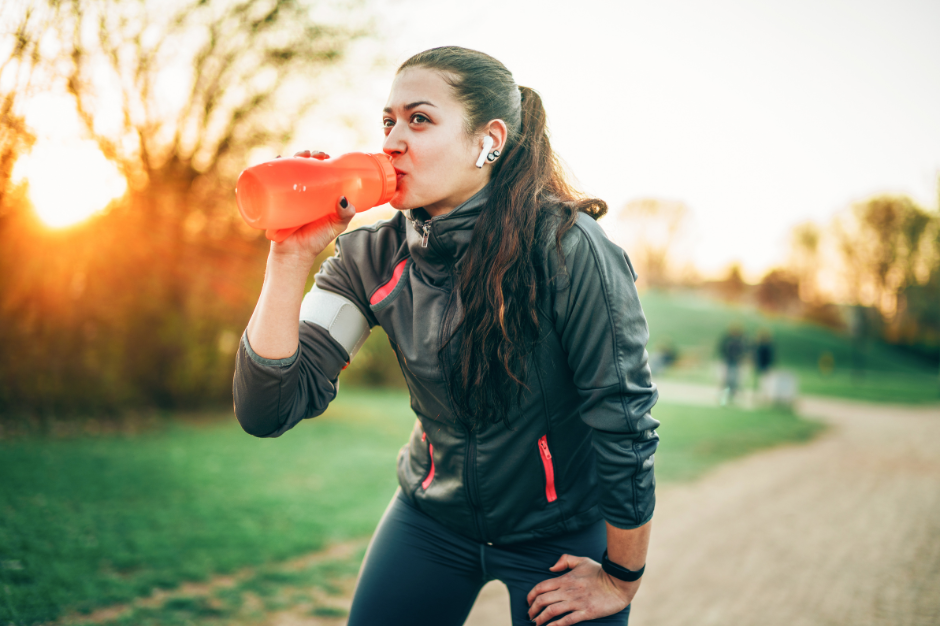

What’s the Optimal Timing of Caffeine for Physical Performance?
Dr. Louise Burke discusses how to get the most out of your caffeine ingestion for optimal performance.
December 5, 2023

Louise Burke, PhD
Dr. Louise Burke is a Professorial Fellow at the Australian Catholic University. She is a distinguished sports dietitian known for her extensive experience counseling elite athletes. She has worked at the Australian Institute of Sport for 30 years and was the team dietitian for the Australian Olympic Teams for the 1996-2012 Summer Olympic Games. She was awarded a Medal of the Order of Australia for her contribution to sports nutrition.
Caffeine is one of the world’s most widely consumed stimulants and holds a special, almost ritualized place in the routines of millions of people worldwide. In Western countries, a staggering 89% of adults regularly consume caffeine, with an estimated daily intake of around 200 mg for men and women.1 More recently, caffeine isn’t just confined to a morning cup of coffee or tea; it’s now in energy drinks, supplements, gels, gum, and aerosols.
Beyond the immediate effects of caffeine, research now suggests there is a strategic time to ingest caffeine throughout the day to optimize its performance benefits.
Timing Matters: Matching Caffeine with Fatigue
A common misconception among athletes is that large doses of caffeine before exercise will transform them into powerhouses. In reality, smaller doses tend to be more effective, especially when consumed at the onset of fatigue.
Instead of taking a large dose before exercise, Dr. Louise Burke recommends using caffeine as you’re starting to feel fatigued.2 Small doses of caffeine (around 3 mg/kg)3 tend to work well. For a 150-pound athlete, that amount of caffeine is approximately equivalent to the 200 mg often found in a caffeine supplement pill. However, you will need to experiment to determine what works best for you.4 More about that in a bit.
Caffeine’s primary function in this context is to mask the sensation of fatigue, enabling athletes to maintain their endurance for longer periods of time. In fact, studies have shown that caffeine enhances endurance by 2-4% on average across various sports like cycling, running, cross-country skiing, and swimming.4 The literature suggests that endurance sports benefit the most from caffeine, with smaller improvements seen in anaerobic activities (short, intense workouts).4,5

Endurance sports like cycling benefit the most from well-timed caffeine ingestion. Adobe Photos/Davd Fuentes
So does abstaining from caffeine maximize its benefits? Historically, athletes have thought “oh, caffeine is a substance where I build up a tolerance, so I must keep increasing in dose to ‘feel’ the effects I want.” This is why some people used to practice caffeine withdrawal prior to events – they aimed to reintroduce the stimulating boost.
However, the research on caffeine habituation and performance effects in athletes is “surprisingly small” with support for both sides.6,7 Given the variability of data, it’s advisable for athletes not to prioritize it as their main concern.
Limiting caffeine before an event to “get more from your caffeine” is not particularly helpful, said Dr. Burke. In one study, ingesting 3 mg/kg of caffeine significantly improved exercise performance in 12 trained cyclists regardless of whether or not the athletes had abstained from caffeine for 4 days before a performance test.8
Still, caffeine may not be for every athlete…
Personalized Strategies: Me-Research
One crucial takeaway from recent research is that there’s no one-size-fits-all approach to caffeine consumption. Individuals vary in their response to caffeine, with some experiencing substantial performance benefits, others minor effects, and some even negative effects like increased heart rate and nervousness during competition or sleep disturbances that inhibit recovery.
Adenosine is a neurotransmitter that helps promote the drive to sleep and is also a byproduct of burning energy, as happens during exercise. One of the ways that caffeine works is it binds to the same receptors that adenosine typically targets in our central nervous system and, as a result, inhibits the onset of drowsiness that usually accompanies rising adenosine levels in the body. The amount and activity of these receptors vary from person to person.
More is not better
Larger doses of caffeine increase the risk of side-effects such as sleep quality and quantity. In extreme doses, caffeine can be deadly.
The LD50 (lethal dose at which 50% of the population would die) of caffeine for humans varies, but is estimated to be between 150 and 200 mg/kg. However, there are case reports of fatalities at doses as low as 57 mg/kg. And if you have certain medical conditions, you need to be extra careful when it comes to caffeine.9
It might sound unlikely that you could consume this much, but there have been case reports of athletes (and even sports scientists) making up their own sports concoctions from pure caffeine powder and miscalculating the dose.10
Additionally, there are enzymes in our liver that break down caffeine and help us excrete it from our system.11 “The activity levels of these enzymes in our liver may also differ among individuals,” said Dr. Burke, “which means you may be a fast metabolizer where caffeine’s effect is removed more quickly. Or you may have a slower metabolism and caffeine may linger in your system for longer.”
The enzyme CYP1A2, in particular, is responsible for metabolizing and breaking down caffeine. The activity and protein levels of CYP1A2 can be influenced by an interplay between environmental and genetic factors, which can lead to significant variability in how a person experiences caffeine’s effects.7,12
Caffeine also promotes the release of epinephrine from the adrenal glands, which can help speed the rate of muscle contraction, increase heart rate, and increase the release of free fatty acids for energy.13
“What we’re asking people to do is not think of themselves as an athlete and as a person as separate things,” said Dr. Burke. “We’re not saying to people who are already caffeine consumers to have more because you’re an athlete. We’re saying, ‘take the caffeine that you may already consume in a day and organize its timing so that you optimize your performance benefits.’”
How we metabolize caffeine might also change as we age. The “me-research” of today may not be relevant to me-research in 10 to 20 years from now. Our experience with caffeine’s effects is a lifelong, self-learning journey.

Training Tip
A small dose of caffeine (around 3mg/kg) timed at the onset of fatigue works well for many endurance athletes, but experiment with what works best for you. Not everyone reacts to caffeine in the same way. Most studies find that the ideal dose of caffeine is between 3-6 mg/kg, so determine the lowest effective dose for your needs rather than loading up and risking side-effects.3,4
What Time Does Your Sport Start?
Apart from genetics, it’s important to take into consideration the timing of your physical activity. If you’re an athlete whose games take place at night (e.g., football), experiment with not having caffeine before the game. Instead, make decisions about whether you need caffeine based on how you’re feeling in the game. This way you can maximize your sleep and recovery after.

If your sports events take place at night, consider using caffeine only when you’re fatigued. Otherwise, it could disrupt your sleep recovery. Canva Images
To avoid sleep issues, according to a systematic review and meta-analysis by Dr. Burke and colleagues, “coffee (107 mg caffeine per 250 mL) should be consumed at least 8.8 hours prior to bedtime and a standard serve of pre-workout supplement (217.5 mg caffeine) should be consumed at least 13.2 hours prior to bedtime,” with adjustments made on an individual as-needed basis.14
All in all, caffeine in small doses and timed during the onset of fatigue may help some athletes perform better, but it’s also clear that there is no one-cup-of-tea approach for success.

Flash Q&A with Louise Burke
Do you drink caffeine?
Even though I’ve written a book on caffeine, I actually have quite a low caffeine intake. I do not drink coffee. I love the smell but hate the taste. Most of mine comes from cups of tea. I target my use around my exercise.
What’s exciting to you about research in the field right now?
The female athlete angle is exciting because I think it’s high time that we got some quality research as well as quantity. Another aspect of caffeine research I’m excited about is that we’re getting better at doing studies in real life competitions with high-level athletes. Now we’re really getting to the bottom of some of the questions and answers that we want.
Favorite activity to stay fit?
I’m running marathons at the moment. I used to do ironman triathlons, but I’ve gone back to just running. I’m finding I’m not getting slower as I age, so I’ve gone from being an okay athlete to being good for my age. Now I’m using all my sports nutrition strategies on myself.
Favorite marathon?
New York City Marathon
Get Deeply Researched Insights on Human Performance
Join our mailing list to get actionable performance tips and nuanced explanations of the science.
Citations
- Fulgoni, V.L. 3rd, Keast, D.R., & Lieberman, H.R. (2015). Trends in intake and sources of caffeine in the diets of US adults: 2001-2010. The American Journal of Clinical Nutrition, 101(5), 1081-1087. https://doi.org/10.3945/ajcn.113.080077
- Tiller, N.B., Roberts, J.D., Beasley, L., et al. (2019). International society of sports nutrition position stand: nutritional considerations for single-stage ultra-marathon training and racing. Journal of the International Society of Sports Nutrition, 16(1), 50. https://doi.org/10.1186/s12970-019-0312-9
- Southward, K., Rutherfurd-Markwick, K.J., & Ali, A. (2018). The effect of acute caffeine ingestion on endurance performance: a systematic review and meta-analysis. Sports Medicine, 48(8), 1913-1928. https://doi.org/10.1007/s40279-018-0939-8
- Guest, N.S., VanDusseldorp, T.A., Nelson, M.T., et al. (2021). International society of sports nutrition position stand: caffeine and exercise performance. Journal of the International Society of Sports Nutrition, 18, 1. https://doi.org/10.1186/s12970-020-00383-4
- Grgic, J. (2018). Caffeine ingestion enhances Wingate performance: a meta-analysis. European Journal of Sport Science, 18(2), 219-225. https://doi.org/10.1080/17461391.2017.1394371
- Pickering, C., Kiely, J. (2019). What should we do about habitual caffeine use in athletes? Sports Med, 49, 833–842. https://doi.org/10.1007/s40279-018-0980-7

Did you know that some articles in scientific journals are actually opinion pieces?
Some scientific journals publish editorial-like articles in addition to traditional research articles. The Pickering & Kiely publication is a “current opinion” piece, and it’s crucial to acknowledge that different types of scientific articles adhere to distinct criteria. While opinion pieces will often cite other research articles to back up their claims, they may not be held to the same rigorous standards as a formal review article or meta-analysis.
Given that the article was published in 2019, it’s possible that the body of research in this field has also grown since its publication. We chose to cite the article anyway because it provides useful evidence, and the opinions align with the other, more rigorously reviewed literature which we have cited.
- Clarke, N.D., & Richardson, D.L. (2021). Habitual caffeine consumption does not affect the ergogenicity of coffee ingestion during a 5 km cycling time trial. International Journal of Sport Nutrition and Exercise Metabolism, 31(1), 13-20. https://doi.org/10.1123/ijsnem.2020-0204
- Irwin, C., Desbrow, B., Ellis, A., et al. (2011). Caffeine withdrawal and high-intensity endurance cycling performance. Journal of Sports Sciences, 29(5), 509-515. https://doi.org/10.1080/02640414.2010.541480
- Evans, J., Richards, J.R., Battisti, A.S. (2023). Caffeine. In: StatPearls [Internet]. Available from: https://www.ncbi.nlm.nih.gov/books/NBK519490/. Accessed on 25 November 2023
- Andrade, A., Sousa, C., Pedro, M., Fernandes, M. (2018). Dangerous mistake: an accidental caffeine overdose. BMJ Case Reports, bcr-2018-224185. https://doi.org/10.1136/bcr-2018-224185
- Grzegorzewski, J., Bartsch, F., Köller, A., & König, M. (2022). Pharmacokinetics of caffeine: a systematic analysis of reported data for application in metabolic phenotyping and liver function testing. Frontiers in Pharmacology, 12, 752826. https://doi.org/10.3389/fphar.2021.752826
- Klein, K., Winter, S., Turpeinen, M., et al. (2010). Pathway-targeted pharmacogenomics of CYP1A2 in human liver. Frontiers in Pharmacology, 1. https://doi.org/10.3389/fphar.2010.00129
- Shen, J.G., et al. (2019). Establishing a relationship between the effect of caffeine and duration of endurance athletic time trial events: A systematic review and meta-analysis. Journal of Science and Medicine in Sport, 22(2), 232–238. https://doi.org/10.1016/j.jsams.2018.07.022
- Gardiner, C., Weakley, J., Burke, L.M., et al. (2023). The effect of caffeine on subsequent sleep: A systematic review and meta-analysis. Sleep Medicine Reviews, 69, 101764. https://doi.org/10.1016/j.smrv.2023.101764
Playbook Terms of Use & Copyright
©2023-2024



